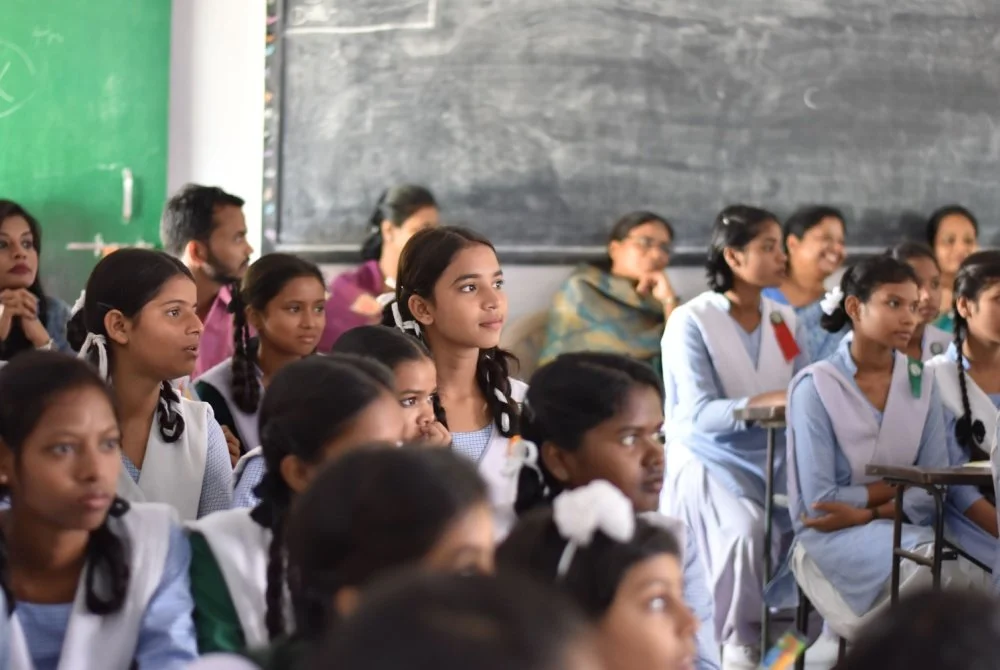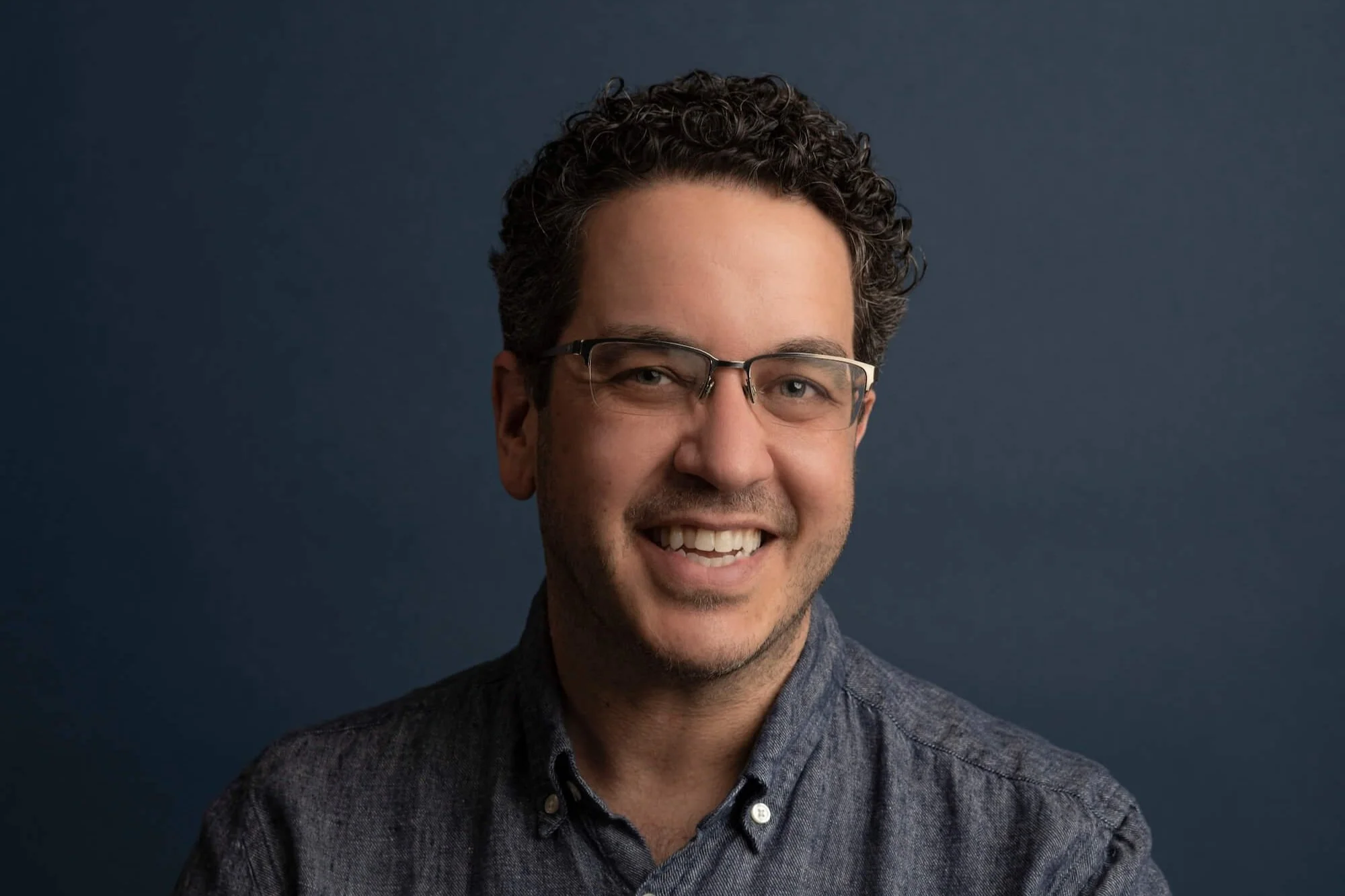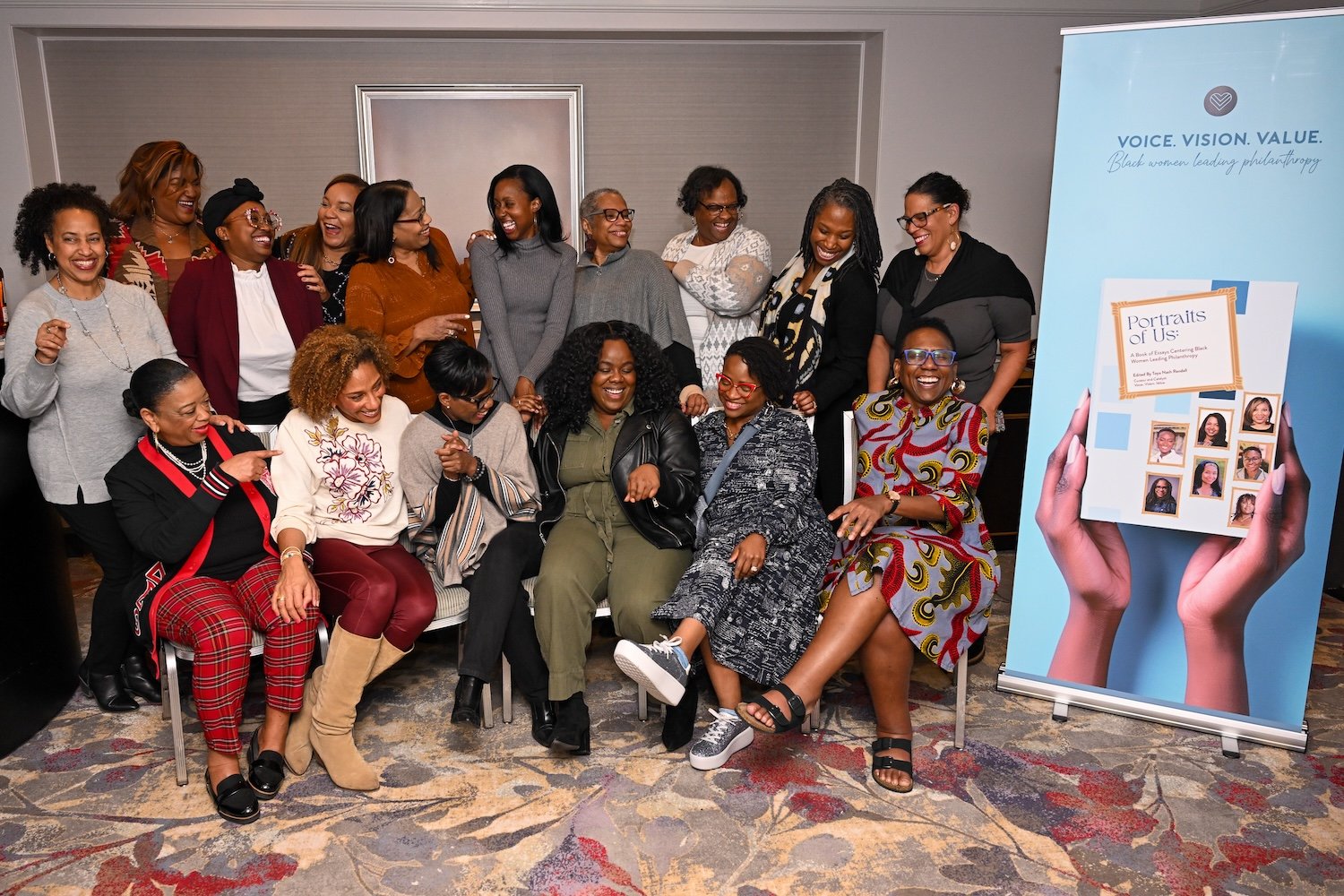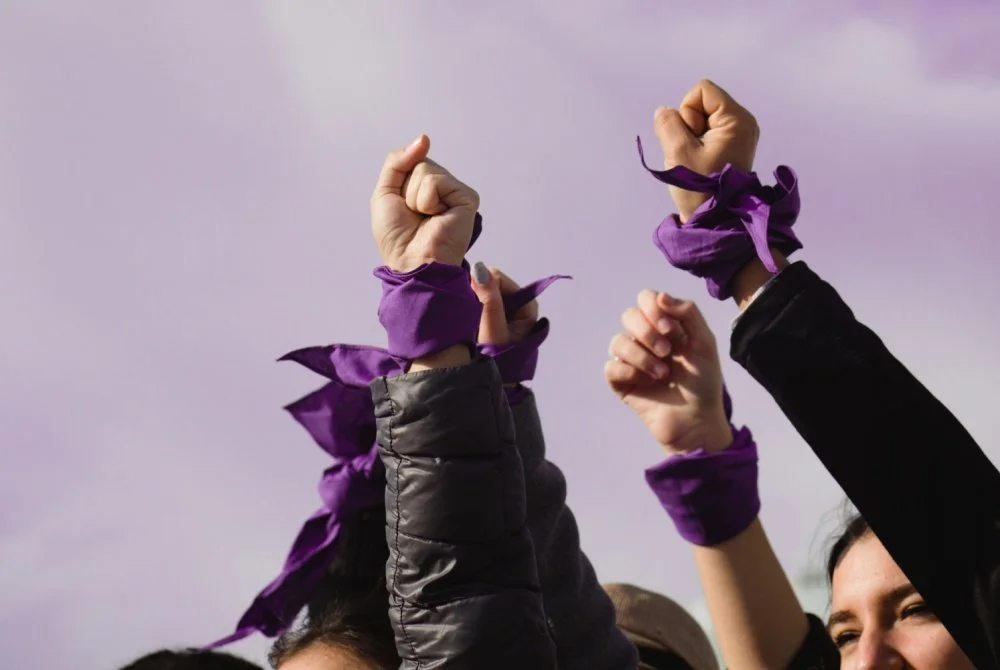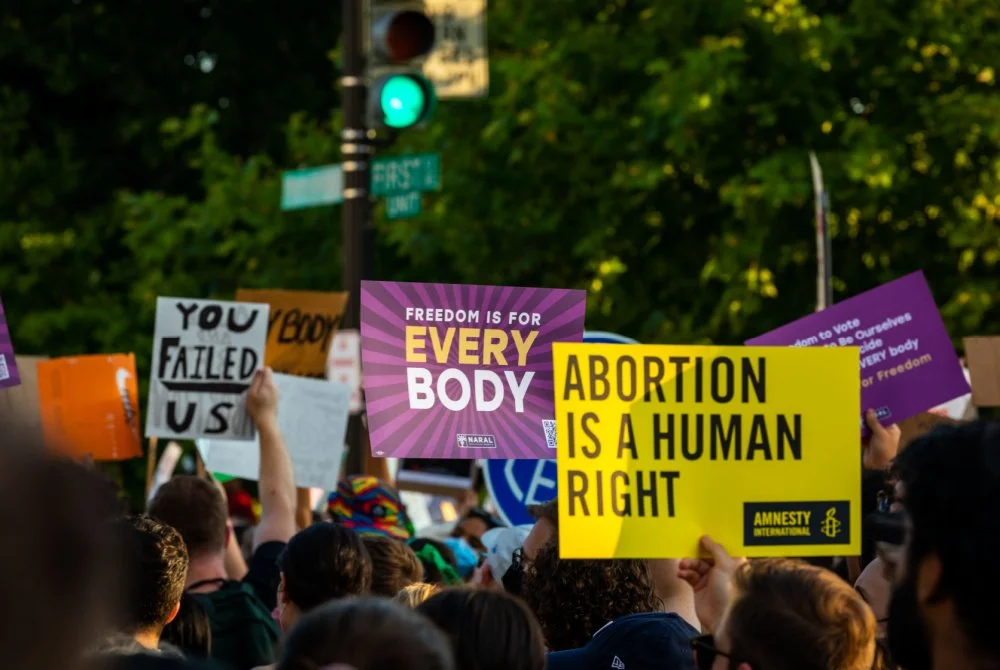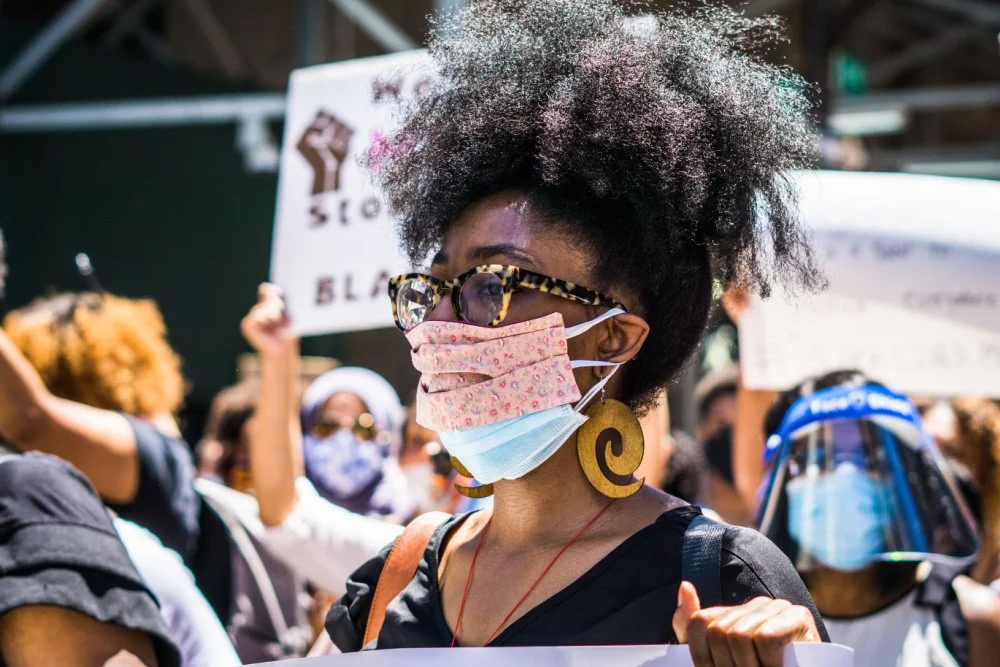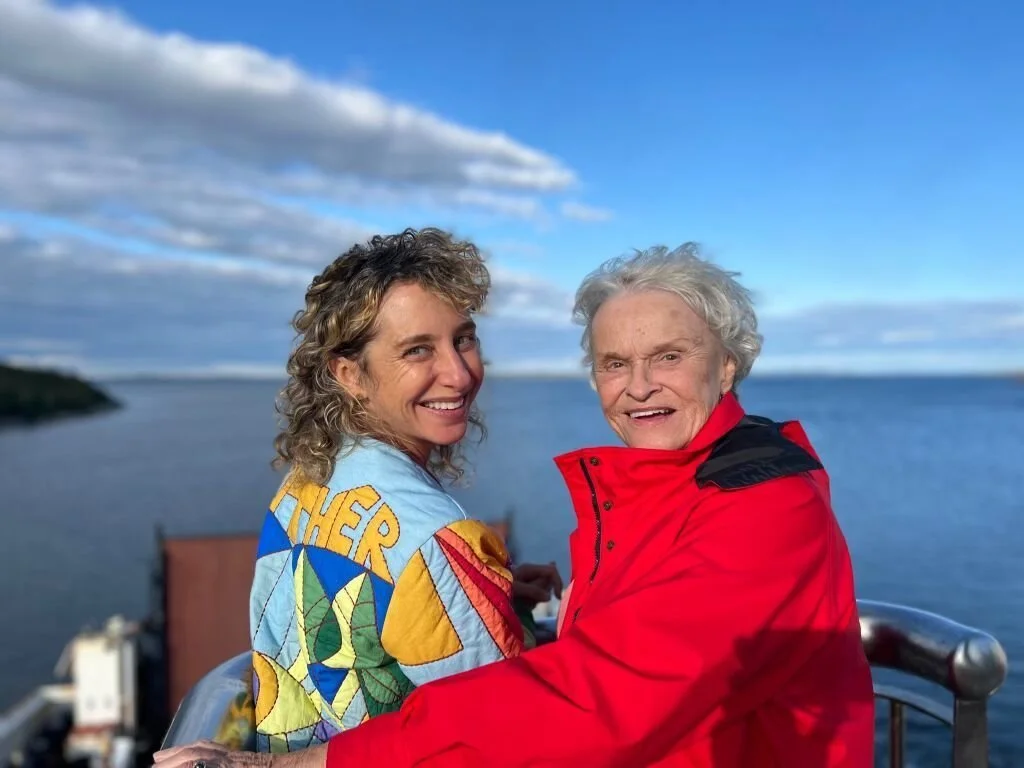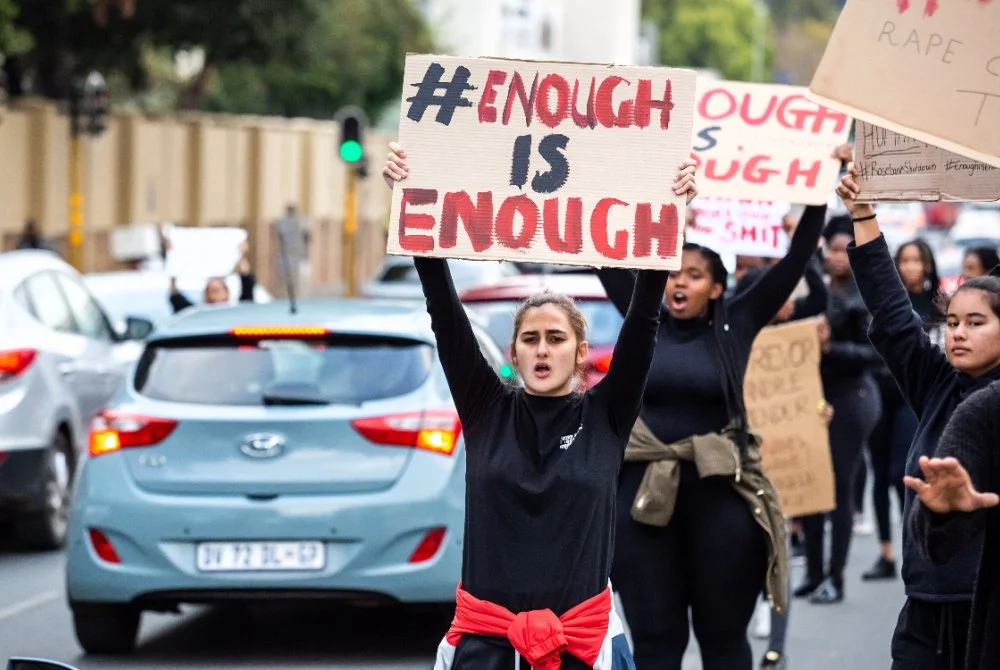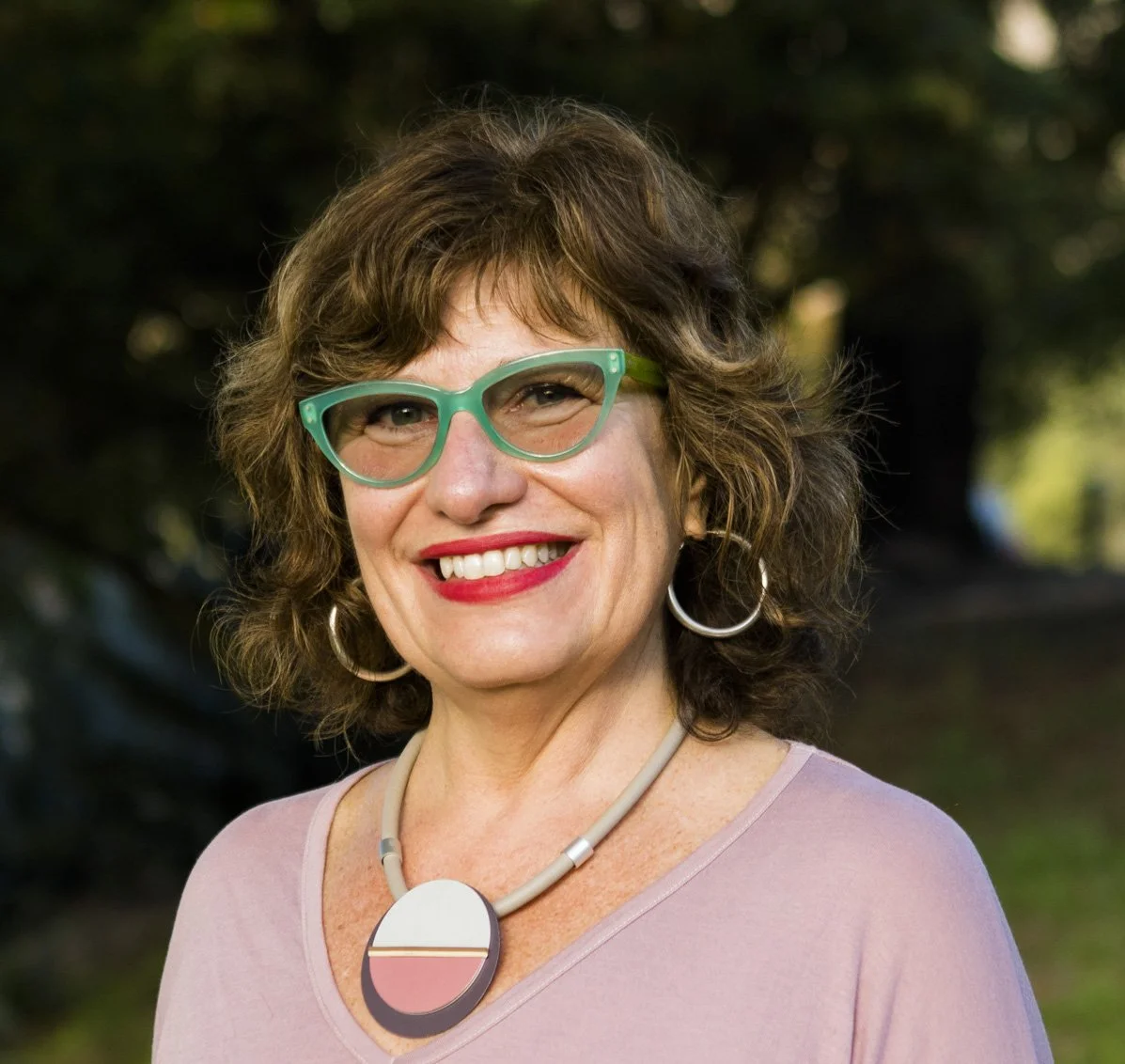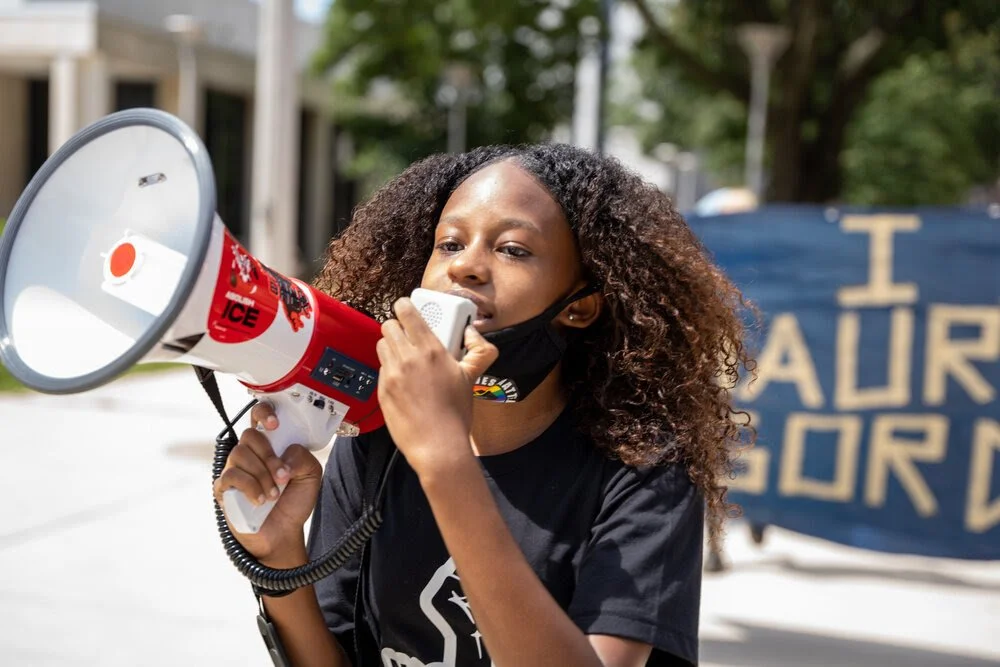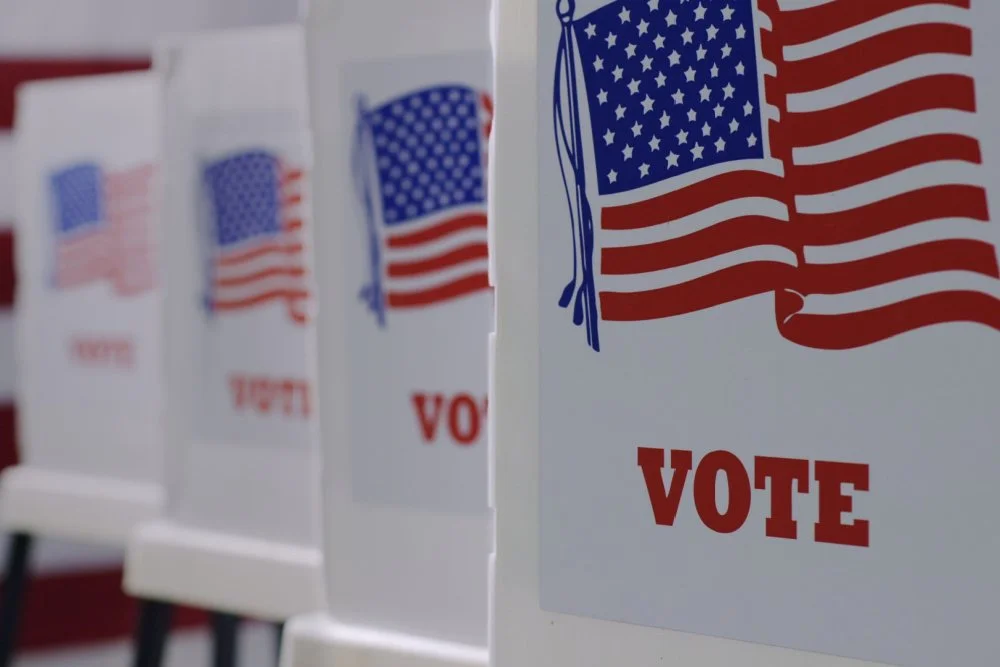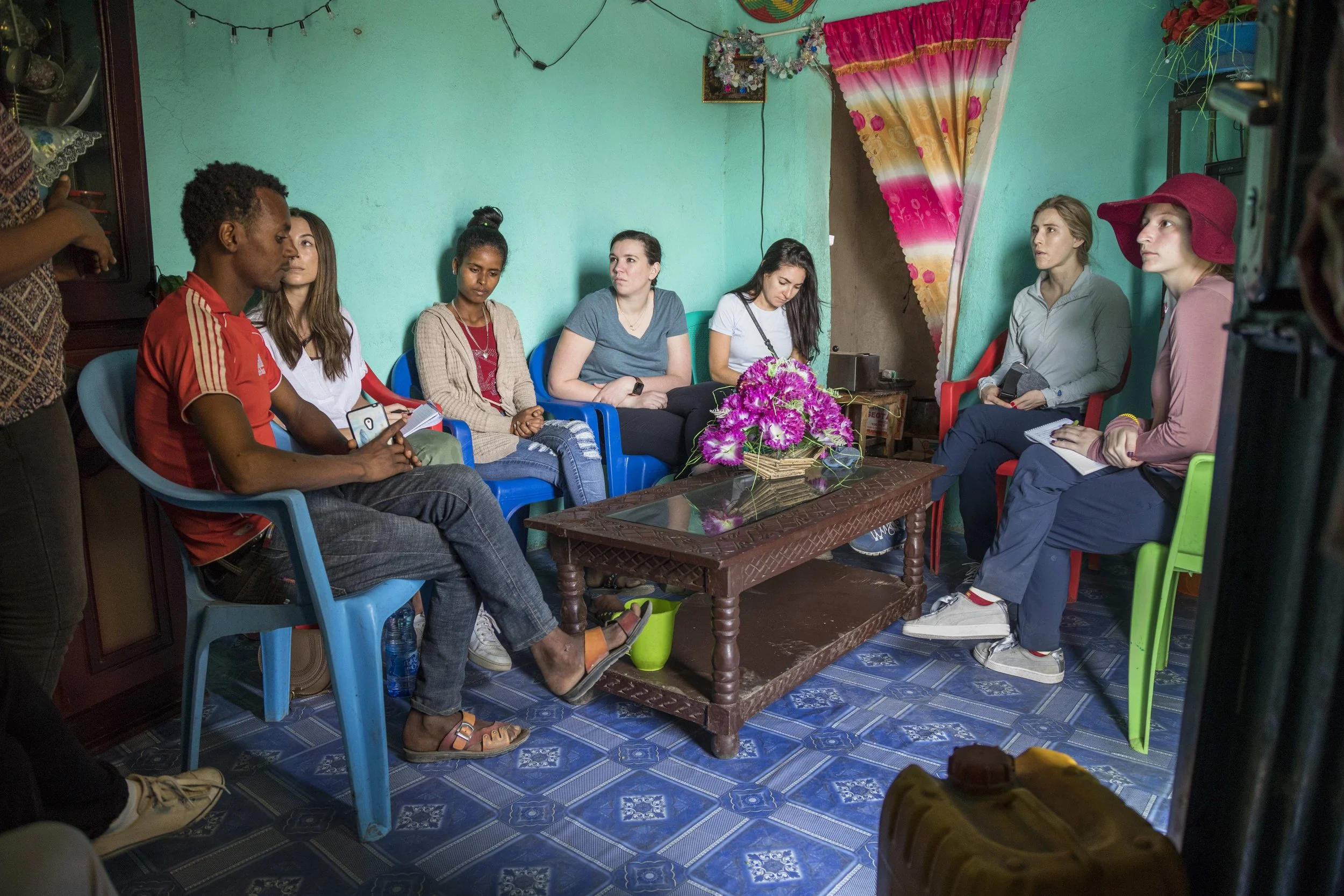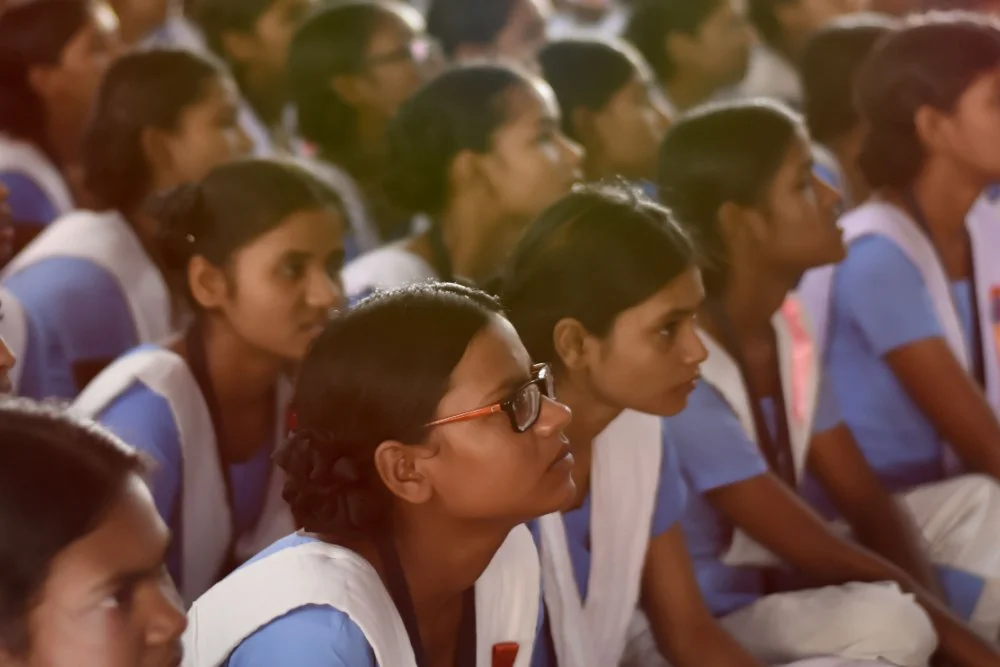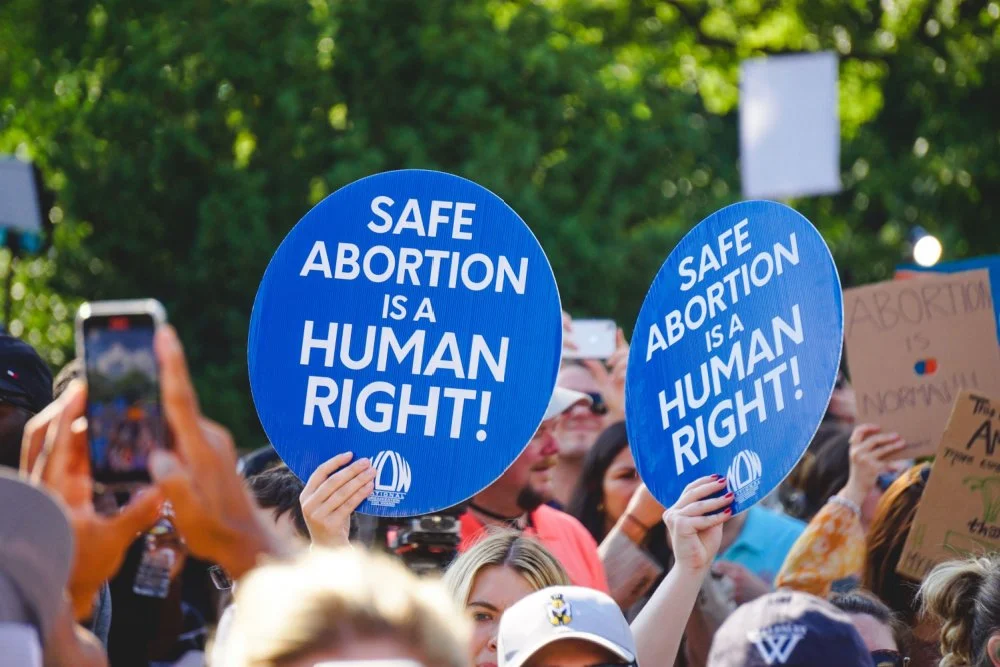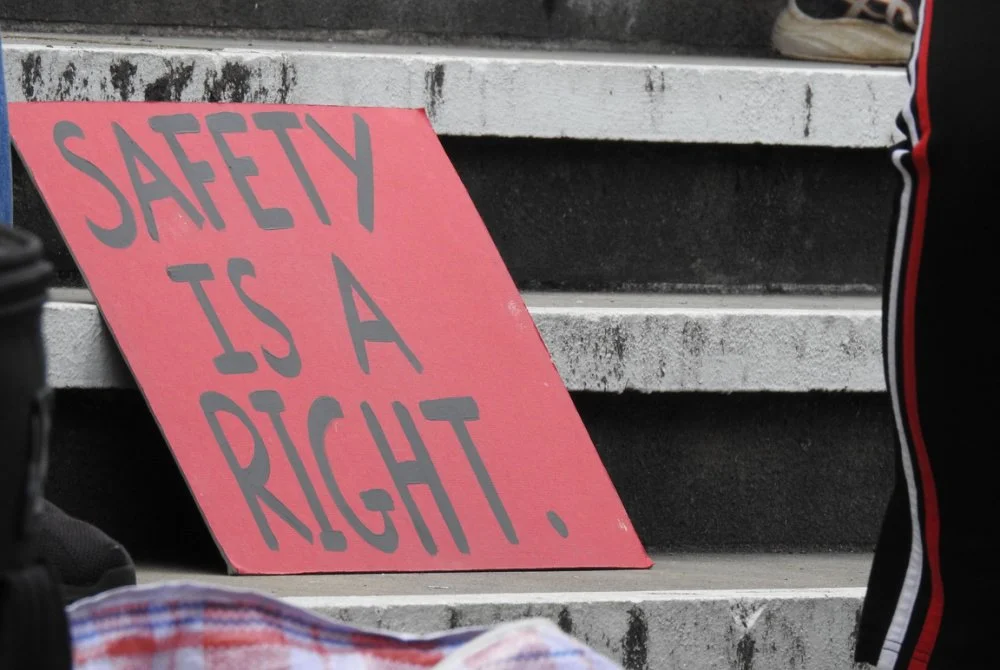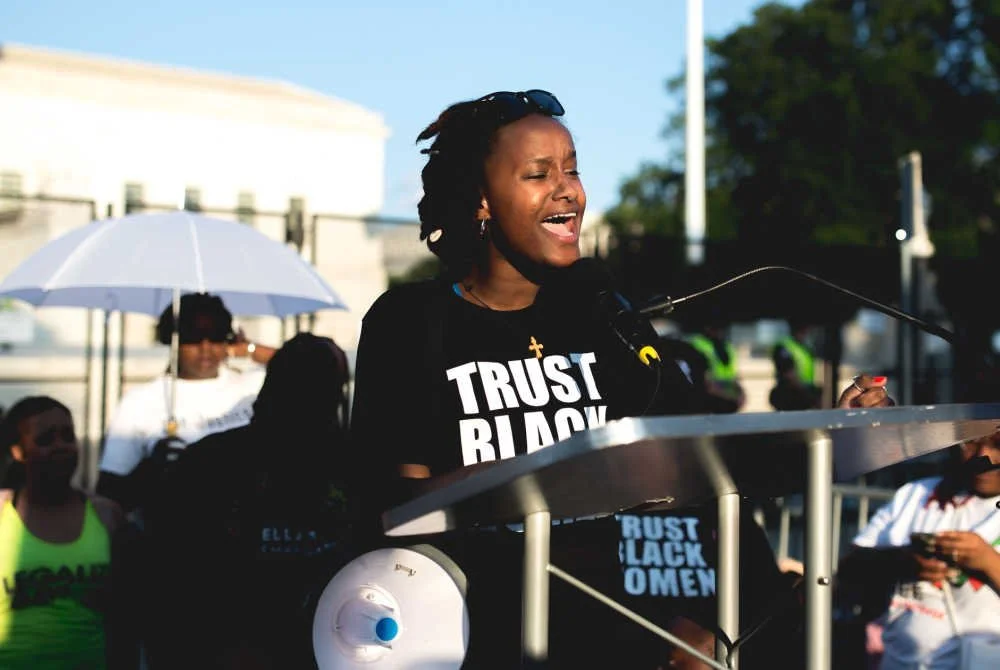“Where Do We Go From Here?” Philanthropy and What’s Next for the #MeToo Movement
/A protest at the U.S. Supreme Court over the handling of the Brett Kavanaugh nomination. bakdc/shutterstock
A persistent challenge of social movements is to translate early energy and activism into long-term changes in policies and institutions. This struggle is much on the minds of advocates and funders a year after the #MeToo hashtag went viral with a tweet from Alyssa Milano in response to the Harvey Weinstein allegations.
Over the weekend, a full-page ad appeared in the New York Times, asking “Where Do We Go From Here?” A letter signed by scores of women’s groups, progressive organizations, and unions laid out a set of policy goals that include reform to address sexual abuse at the national and international level, new state laws to reduce sexual violence and harassment, and a range of changes in school districts to demonstrate leadership on this issue. The letter also challenged philanthropy to “seed $300 million in U.S. funding in the next 12 months to invest in those who are addressing sexual violence and other forms of sexual harassment.”
While it’s unclear if funding at that ambitious scale will materialize, more foundations and major donors have been stepping up in recent months with new grants.
Most recently, the New York Women’s Foundation announced it was awarding a total of $840,000 to the first eight recipients of grants from its “Fund for The Me Too Movement and Allies,” which it created in the spring of 2018. The foundation provided an initial $1 million to launch the fund and aims to raise $5 million toward it annually. The goal is to sustain the #MeToo cause and support organizations working to prevent sexual violence and promote healing. The grants were announced in partnership with Tarana Burke, founder and leader of the Brooklyn-based organization called the Me Too Movement.
The original use of the phrase “me, too” in advocacy is tied to Burke’s Me Too Movement, which started its work in 2006. That’s when Burke, a civil rights activist with a background in youth social work, began her mission to aid the healing of survivors of sexual violence, particularly women and girls of color.
Though this issue has finally moved to the top of the news, philanthropic giving to reduce sexual violence and harassment has remained modest. Ana Oliveira, president and CEO of the New York Women’s Foundation, points out that only about 7.5 percent of foundation funding goes to causes specific to women and girls, and funding directed to counter and heal sexual violence against women is only a fraction of that percentage. Few major foundations focus in this area and few top philanthropists have made it their signature cause.
But reducing sexual violence has long been an important goal within the robust network of women’s foundations in America and around the world. Along with the NYWF, other women’s funds are working to translate the energy of the #MeToo movement in larger changes in policies and institutions. As we recently reported, “the Women’s Foundation of California helped pass a bill that extended public benefits including health insurance and employment resources to victims of sex trafficking, domestic violence, and other crimes. In Minnesota, the Women’s Foundation launched a six-year, $6 million campaign to end sex trafficking of girls in the state, and supported the advocacy efforts that provided safe harbor for girls being trafficked. The Women’s Foundation of Minnesota also invested in the creation of the first-ever statewide comprehensive plan to end sex trafficking of minors.”
The NYWF wants to ensure broader efforts to deal with the national (and international) issue of sexual violence and abuse include and support all women. Oliveira said:
Women see they are not alone—enabling many to speak up, to be heard and to be believed. We are supporting the movement in achieving its goals of justice and the healing of survivors. For too many, the resources to achieve these goals are lacking, especially in rural, working class and immigrant communities, and communities of color.
Advocates and funders see issues of class and race as key to the #MeToo movement as it looks beyond high-profile cases and testimonies of sexual assault to address the pervasive problem of sexual violence and harassment in many workplaces. Top signatories of the recent movement platform letter include the National Domestic Workers, Justice for Migrants, and Restaurant Opportunities Center United—groups that work with some of the most vulnerable women in America, including many who are undocumented immigrants.
And, while the NYWF typically centers its funding in the city, the grantees comprising the Fund for The Me Too Movement and Allies are from NYC and across the nation, hailing from D.C., Los Angeles, and Lansing, Michigan, along with national organizations. Burke consulted with the NYWF in choosing the inaugural recipients of this fund, which include the group she founded. The other first recipients of the Fund for The Me Too Movement and Allies are the Black Emotional and Mental Health Collective in Los Angeles; Black Women’s Blueprint, which is both a national and New York City-centric group; the D.C. Rape Crisis Center; the national organization Equality Labs, FreeFrom in Los Angeles, which works with survivors of domestic violence; the Firecracker Foundation in Lansing, Michigan, which works with young survivors of sexual abuse; and the Violence Intervention Program in NYC.
“We know that before the world was saying #MeToo on social media, [these organizations] were working in their communities day-in and day-out to help and protect people suffering from sexual violence,” Burke said. The organization she founded is creating a digital community to help survivors of sexual violence, which offers healing and advocacy resource libraries, with lists of local and national organizations, glossaries and toolkits. It’s also developing in-person programs like healing circles and “trainings for the trainers,” which prep counselors to work on these issues in community settings. Visitors to the Me Too Movement site can also currently read “A Love Letter to Dr. Christine Blasey Ford,” penned by Burke, Amanda de Cadenet, Glennon Doyle, Tracee Ellis Ross and America Ferrera, regarding Ford’s recent Senate Judiciary Committee appearance, in which she testified that then-Supreme Court nominee (now justice) Brett Kavanaugh had previously assaulted her.
Both the NYWF and the Me Too Movement aim to support solutions that are developed and led by people within communities, a message we hear echoed by other equity-minded funders these days. For example, the Me Too Movement site gives the example of “supporting disabled trans survivors of color working to lead and craft events, toolkits, etc. with other disabled trans survivors [of color].” NYWF has demonstrated its commitment to these types of inclusive practices by employing participatory grantmaking in the NYC Fund for Girls and Women of Color it co-founded with the NoVo Foundation, which includes violence against women as an area of focus.
NYWF also is working to encourage men to take an active role to stop sexual violence, as they are often the perpetrators. The foundation has backed the group A Call to Men, which runs programs to help men develop healthy perspectives and behaviors toward women.
Gender norms (socially constructed ideas of how to be a woman or a man) also play a role in how men view their relationships with women and vice versa, as we covered in our interview with Riki Wilchins of TrueChild. Research has shown that narrowly defined gender norms can hinder youth development in a variety of areas, including sexual and interpersonal well-being, and in some cultures, belief in strict gender norms is tied to acceptance of violence against women. Gender norms that rigidly dictate social and sexual roles can do a disservice to both women and men and can perpetuate the systemic inequity and gender-based violence that the New York Women’s Foundation and the Me Too Movement are fighting.
Openness and listening are defining practices and key elements of this movement’s strength—ones that can also be useful in the world of philanthropy. The power of vulnerability and truth-telling are often celebrated in #MeToo conversations, and, similarly, Burke’s Me Too Movement is described as “rooted in the theory of empowerment through empathy.”
The importance of finding one’s voice in order to affirm both oneself and others is central to how this movement began for Burke. Years ago, while working at a youth camp, she was approached by a child who shared that she was being repeatedly assaulted. She chose to send the girl on to another counselor, and that decision and the girl’s expression now “haunt” her. Her description conveys the deep meaning behind the now well-known hashtag.
As much as I loved her, I could not muster the energy to tell her that I understood, that I connected, that I could feel her pain… I watched her walk away from me as she tried to recapture her secrets and tuck them back into their hiding place. I watched her put her mask back on and go back into the world, like she was all alone, and I couldn’t even bring myself to whisper… me too.



